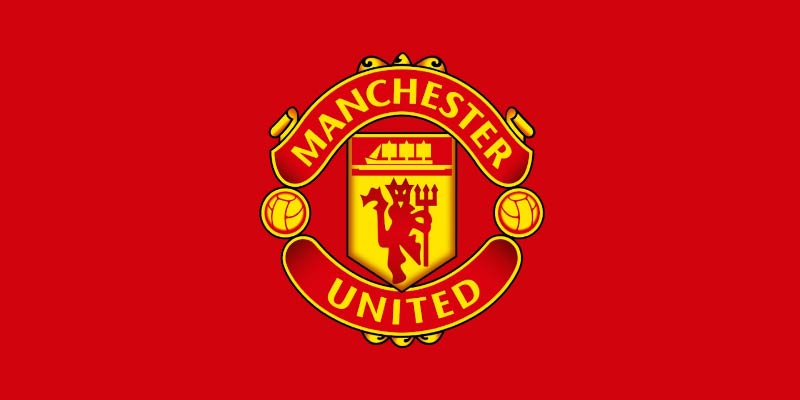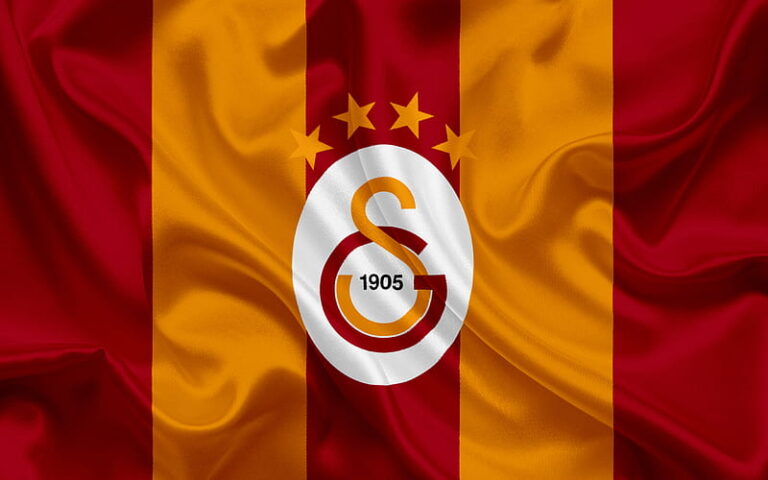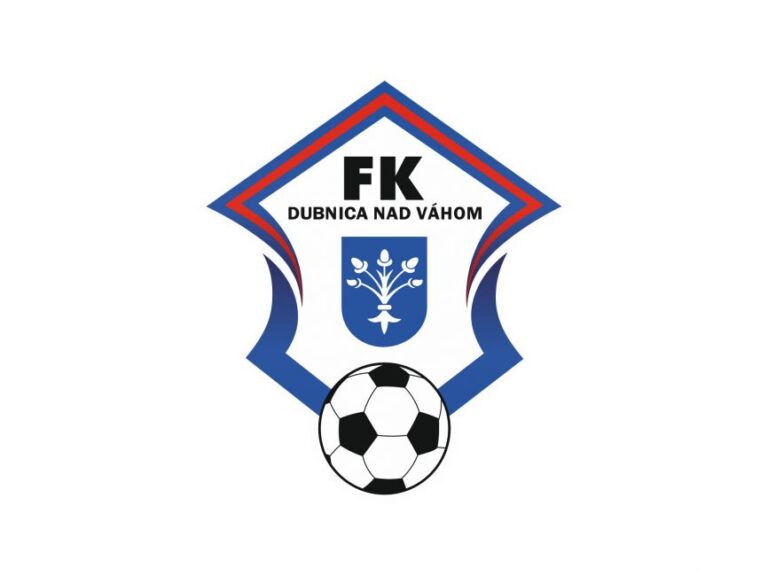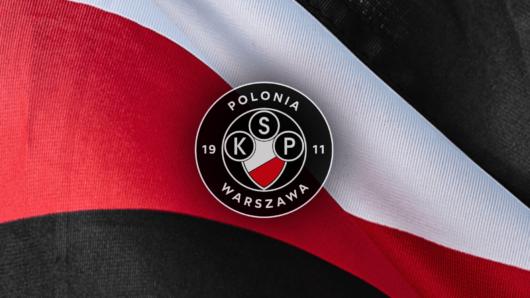
History and Legacy of FC Manchester United
FC Manchester United, a football club renowned for its rich history and iconic status in the world of sports, has been a beacon of excellence in the professional game. From its humble beginnings to becoming one of the most celebrated teams globally, the legacy of FC Manchester United is deeply interwoven with the hearts of millions of fans around the world. This article delves into the multifaceted journey of FC Manchester United, exploring its history, key players, achievements, and much more Jun88.
History of FC Manchester United
The roots of FC Manchester United trace back to 1878 when it was originally founded as Newton Heath LYR Football Club. The team began as a modest local club, primarily composed of railway workers from the Lancashire and Yorkshire Railway. This nascent phase laid the groundwork for what would evolve into one of the world’s most prestigious football clubs.
Origins and Formation
In its early years, the club struggled to find financial stability and competitive success. The turning point came in 1902 when the club faced the threat of bankruptcy. A local brewery owner, John Henry Davies, invested in the club, which not only saved it from financial ruin but also prompted a rebranding. In 1902, the name was changed to Manchester United Football Club, symbolizing a new beginning.
With fresh investment, the club initiated significant improvements to its infrastructure, including the construction of Old Trafford, which has since become synonymous with the team’s identity. Opening its doors in 1910, Old Trafford provided a grand home for United, allowing them to expand their supporter base and grow in stature.
Early Successes and Challenges
The 1920s and 1930s marked an era of mixed fortunes for the club. Although they achieved some domestic success by winning their first league title in the 1907-08 season, the subsequent decades were marred by struggles, particularly during the interwar period.
World War II severely disrupted English football, and upon its conclusion, Manchester United found itself in a rebuilding phase. The return to competitive play brought challenges, but it also paved the way for legendary figures like Matt Busby, who became manager in 1945. Under his stewardship, Manchester United regained its footing and began to sparkle once more on the national stage.
The Busby Babes and Tragedy
In the late 1940s and 1950s, Manchester United produced a remarkable group of young talent known as the “Busby Babes.” This generation included extraordinary players such as Bobby Charlton, Duncan Edwards, and Denis Law. They captivated fans with their attacking style and flair, leading United to consecutive league titles.
However, tragedy struck on February 6, 1958, when a plane crash in Munich claimed the lives of eight players, along with several staff members and journalists. This tragic event shook the footballing world and left an indelible mark on the club’s history. The resilience shown by the remaining squad and the community in the wake of this disaster highlighted the unbreakable spirit that defines FC Manchester United.
Revival and Global Recognition
Under Sir Matt Busby’s guidance, Manchester United rebuilt and experienced a resurgence in the 1960s. The club won the FA Cup in 1963 and followed up with league titles in 1965 and 1967. Their crowning achievement came in 1968 when they became the first English club to win the European Cup, overcoming Benfica in the final. This monumental victory set the stage for Manchester United’s global popularity, laying the foundation for their future triumphs and international fanbase.
Key Players in FC Manchester United’s Legacy
Throughout its storied history, FC Manchester United has been graced by numerous exceptional players who have left an indelible mark on the club. These legends not only contributed to the team’s successes on the pitch, but they also shaped the club’s identity and connection with its supporters.
Icons of the Past
A critical look at the players who have donned the Manchester United jersey reveals a lineage of footballing excellence. Legends like Sir Bobby Charlton encapsulate the spirit of the club with their dedication and remarkable skills.
Charlton, involved in the club during pivotal moments, including the Munich Air Disaster, went on to help rebuild Manchester United, leading to multiple trophies in the 1960s. His ability to score crucial goals and inspire teammates made him an enduring figure in the lore of the club.
Another luminary is George Best, often hailed as one of the greatest players of all time. Best captured the imagination of fans with his dazzling dribbling and creativity. His impact transcended football; he became a cultural icon whose influence felt far beyond the pitch.
Modern-Day Legends
As the football landscape evolved, so did the roster of players at FC Manchester United. The emergence of superstars like Eric Cantona, Ryan Giggs, and Roy Keane marked a new era for the club. Cantona, known for his flamboyant persona and leadership qualities, revitalized Manchester United in the 1990s and helped usher in a new golden age.
Ryan Giggs, the epitome of loyalty, played his entire career at Manchester United and holds the record for the most appearances for the club. Over two decades, Giggs consistently delivered match-winning performances, showcasing his adaptability and skill across generations.
The New Generation
In recent years, the likes of Cristiano Ronaldo, Wayne Rooney, and Paul Pogba have further solidified Manchester United’s reputation as a breeding ground for exceptional talent. Ronaldo’s initial stint at the club saw him develop into one of the world’s premier players, while Rooney’s all-around contributions set numerous records.
Pogba’s highly publicized return to the club drew attention worldwide, reflecting the growing commercial aspect of modern football. His ability to connect with fans through social media has illustrated how player engagement shapes the contemporary football experience.
FC Manchester United’s Major Achievements
FC Manchester United’s history is punctuated by a remarkable array of achievements that demonstrate the club’s supremacy in both domestic and international football. This section will analyze these accomplishments and their implications for the broader narrative of the club.
Domestic Domination
Manchester United has consistently been a dominant force in English football, having won the Premier League title a record number of times. The club’s sustained success throughout the decades, particularly during the Sir Alex Ferguson era, showcases their unparalleled strength within domestic competitions.
They have also secured the FA Cup on numerous occasions, establishing themselves as kings of knockout football. Each victory added another layer to the club’s illustrious history and intensified rivalries with other major clubs.
European Glory
Internationally, FC Manchester United has tasted success on the grandest stages. The pinnacle of this success came in 1999 when they clinched the UEFA Champions League title in a dramatic final against Bayern Munich, completing a historic treble alongside the Premier League and FA Cup.
The courage displayed in that match remains one of the most cherished moments in the club’s history, emphasizing the club’s never-say-die attitude. Moreover, their triumphs in 1968 and more recently in 2008 further cemented their status as European heavyweights.
International Trophies
Apart from their domestic and European dominance, Manchester United has also claimed various international trophies. The FIFA Club World Cup and UEFA Super Cup victories not only enhanced the club’s trophy cabinet but also highlighted its global reach.
These achievements showcased Manchester United’s ability to compete against top clubs worldwide, fostering an image of a club dedicated to excellence and a commitment to winning.
| Trophy | Number of Titles |
|---|---|
| Premier League | 20 |
| FA Cup | 12 |
| League Cup | 6 |
| European Cup/Champions League | 3 |
| UEFA Europa League | 1 |
| FIFA Club World Cup | 1 |



